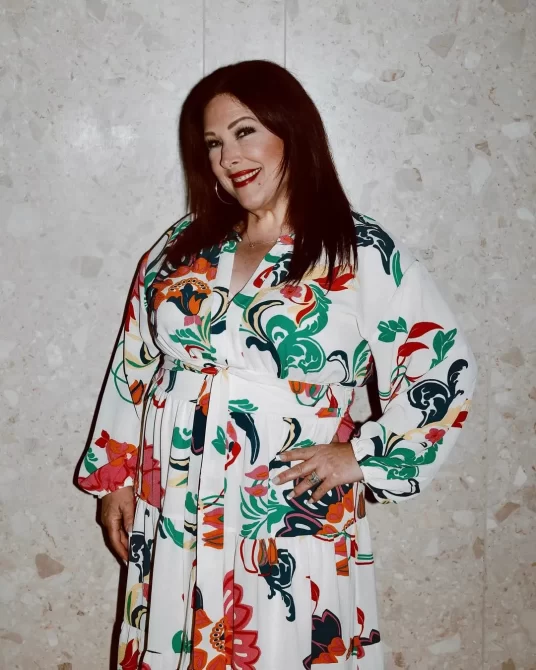
Carnie Wilson is popular as one of the founding members of the successful female band Wilson Phillips, founded in 1989 alongside her sister, Wendy Wilson, and childhood friend, Chynna Phillips. The trio quickly rose to fame with their two albums, which sold about twelve million copies. Although the band was successful, Carnie was faced with personal problems, including drug abuse and weight-related concerns, which made her a target for public and media criticism easily.
In a recent interview, the 57-year-old considered her path as a musician, reflecting on a particular incident that hugely impacted her. She recalled the time a music executive said something nasty regarding her weight.
Carnie Wilson reveals her painful experience with a music executive

During an appearance on the Magnificent Others podcast, Carnie opened up about a painful experience from the early days of her music career. While working on the debut album with her bandmates, she revealed that a music executive harshly criticized her appearance while specifically targeting her weight, thus turning a moment that should have been a joyful and proud milestone in her life into one filled with shame and emotional trauma.
The musician recounted that the sting of those words was so overwhelming that she ran into the bathroom in tears, consumed by feelings of inadequacy and humiliation. She, however, noted that the executive later apologized for his insensitive comment over time.

Carnie Wilson says she was not disturbed by the negativity around her
Carnie explained that all throughout her time in the group, she was subjected to inhumane treatment. The music executives subtly found a way to hide her from the spotlight in the band’s music videos by putting her in positions that concealed parts of her appearance, especially her chin. She added that even though it felt degrading, she chose to embrace it and find a sense of power in her uniqueness.

The 57-year-old also noted that she refused to internalize the negativity directed at her, recognizing that the ridicule she faced was a product of the insecurities and unhappiness of others. She expressed her confusion over why the critics placed a premium on her appearance rather than her talent, which was the most important thing for a musician.
